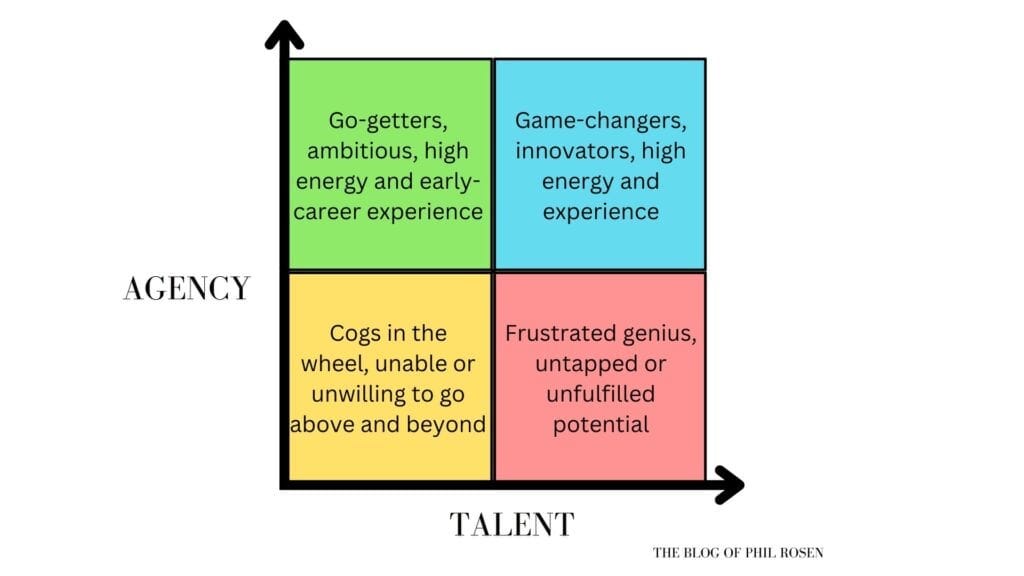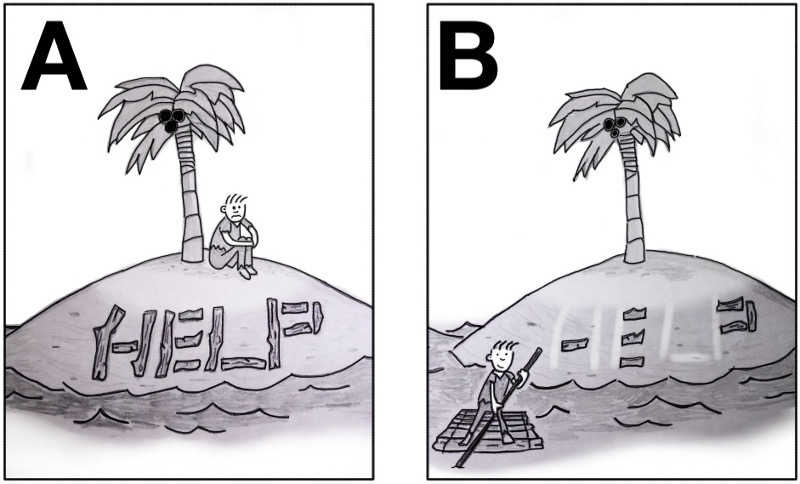The story you tell yourself will change your life (talent won't save you)
I'll bet on people with high-agency over the genius or generational talent for the rest of my life.
On Friday, I found out I won a Fulbright award.
I’m still on a high from reading my acceptance email. If you haven’t heard of this grant, here’s how the State Department describes it:
“Fulbright is the most widely recognized and prestigious international exchange program in the world, supported for more than half a century by the American people through an annual appropriation from the US Congress and by the people of partner nations.”
So in September, I’ll travel to Germany with a handful of other American journalists to meet policymakers and learn about Europe’s media landscape and government.
It’s an honor to represent the US and my profession in this program, and I do not take it lightly.
I’m thrilled to share this news, but I do believe the work I did to get here is something anyone can replicate.
I’ve always believed there was nothing anyone did that I couldn’t do, so long as I was willing to put in the effort. I hold this same faith in everyone.
Now that said, despite my striving, I certainly never made it to the NBA, nor have I made the Einstein-level scientific discoveries I dreamed of as a kid. I’ve learned plenty about the limitations of lofty delusions.
I’ve nonetheless been able to do some things I’m very proud of by telling myself the story that, with enough diligence, grit, and gumption, anything is possible.
This is coming from someone who isn’t particularly gifted. I’m more persistent than talented, I tend to juggle too many projects at once, and my college GPA and SAT scores tell me I’m no outlier intellectually.
Where I have excelled is in effort and enthusiasm. I’m incapable of not trying my best, and that’s taken me far.
The defining characteristic of success
I’ve always loved the idea of high agency.
Loosely, this trait implies that the story other people tell about you is not the story you feel obligated to follow or believe — which in turn suggests you have control over your own destiny. Since I learned the term a few months ago, I haven't been able to unsee it. Over a long enough time horizon, it seems high-agency individuals tend to do very well at whatever they invest their energy in.
High-agency people figure out how to make something happen without waiting for perfect circumstances or permission. It’s a handy descriptor for those who take responsibility for their actions and results, without shirking blame.
Investor Paul Graham said he can tell which startups will be successful based on whether founders are "relentlessly resourceful." You want this type of person on your team. They aren’t good at taking “no” for an answer, and they’re better equipped for adversity than most. They bend reality around themselves, rather than the opposite.
High agency can make up for low talent, whereas high talent can often be useless without high agency, as shown in the chart below adapted from entrepreneur Shreyas Doshi.
You probably have friends who fit into each of the four categories.
To me, the worst color isn’t the yellow square on the left, but the red one on the right.
The book Who Not How by executive coach Dan Sullivan comes to mind. It includes an apt description of hell: “When the person you became meets the person you could have become.”
Hell is the red box.
There’s little more tragic than a generational talent or intellect who never gets close to testing what they’re capable of.
In any case, individuals can move from the green square to blue by working hard and leaning into enthusiasm and initiative. The idea is that it's possible for anyone to transform themselves into a game-changer, even with minimal talent.
This works — and other people notice — because you can’t fake high agency.
You either take action and shoulder responsibility, or you don’t. The person who blames (lack of) talent or untoward circumstance isn’t going to be anyone’s first pick for their team.
Writer George Mack calls this the most important personality trait you could build, and he popularized the concept with a meme comparing two ways to react while stranded on an island.
All this is not to say I am the perfect example of high agency; I’m not. But I do try to be better every day, and I don’t lack enthusiasm or effort.
I’ve found this a great North Star when facing a decision, obstacle, or opportunity: “What’s the most high-agency way to respond in this scenario?”
I’ve accrued enough anecdotal evidence to know acting on that question in good faith over many years can yield outsized results — like a Fulbright award.
I’ll end with one of my favorite quotes from Steve Jobs:
Life can be much broader once you discover one simple fact: Everything around you that you call life was made up by people that were no smarter than you and you can change it, you can influence it, you can build your own things that other people can use.



